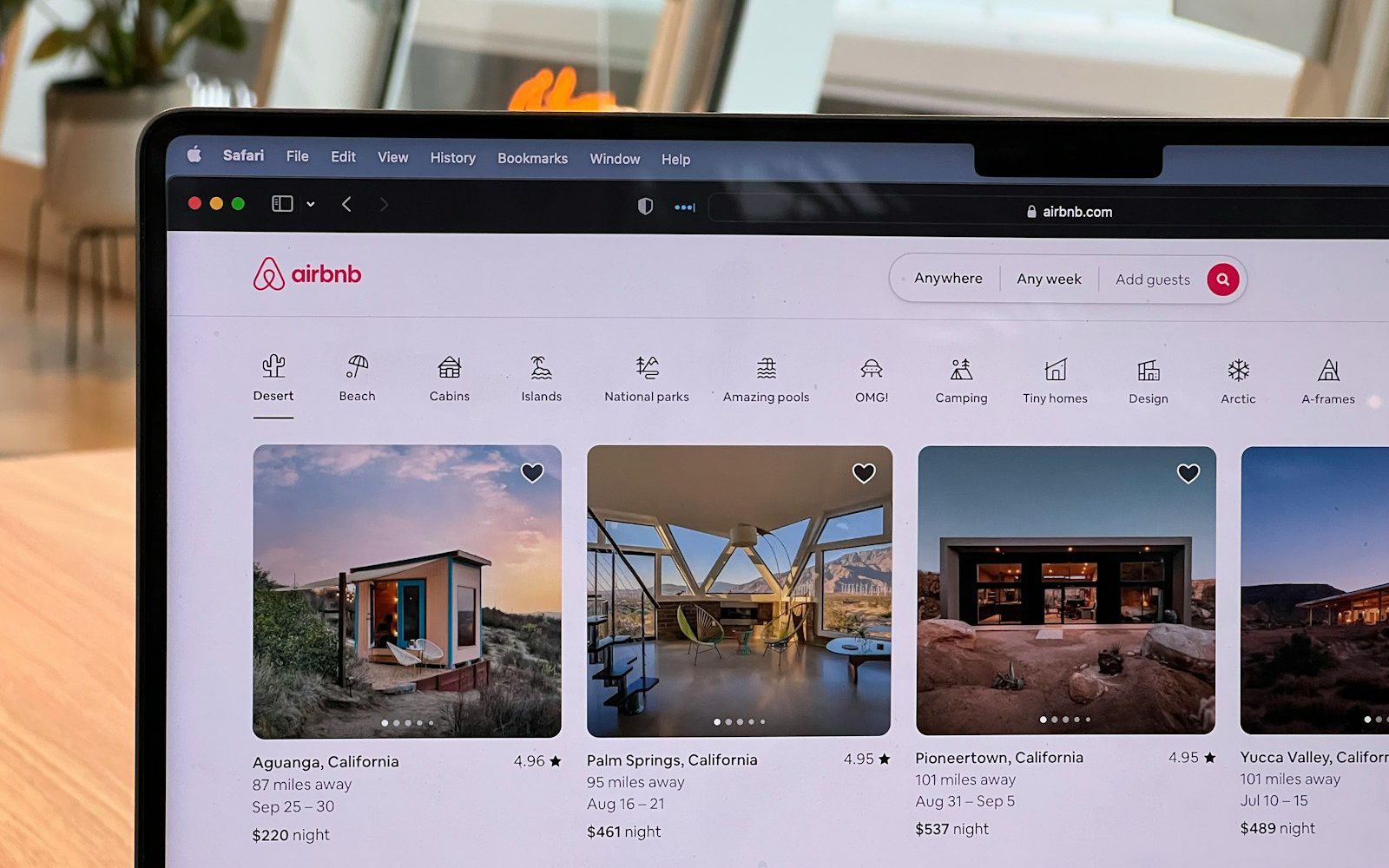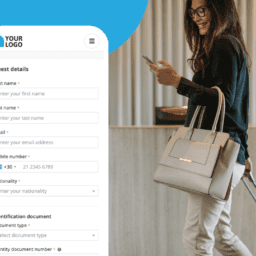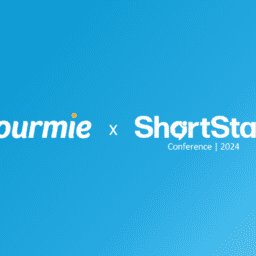As of September 8, 2025, the new Airbnb Payment Terms 2025 will apply to all existing users. These terms already apply to new users who signed up on or after June 26, 2025. While no action is required on your part, the changes introduce more uncertainty around payouts, cancellations, and revenue flow—especially for newer hosts.
In this article, we break down what’s actually changing, what it means for your business, and how to stay financially resilient as a host.

1. Confirmed bookings can now be canceled due to failed payments
Airbnb now supports two flexible guest payment options:
- Pay Part Now, Part Later – Guests pay a portion at the time of booking and the remainder before check-in.
- Reserve Now, Pay Later – Guests secure a booking without upfront payment, settling the full amount closer to arrival.
If the guest fails to complete payment by the due date:
- Airbnb notifies them and gives them 72 hours to update their payment method.
- If payment still isn’t completed, Airbnb automatically cancels the booking.
👉 Why it matters:
You could lose a fully confirmed booking without warning—and without compensation—if the guest’s payment fails.
✅ What you can do:
- Set clear expectations early. Proactively remind guests about upcoming payments and deadlines.
- Reduce your dependence on reservation payouts by offering prepaid upsells such as airport transfers, breakfast, or early check-in — giving you more control over your cash flow.
2. Payouts will be delayed for new or “high-risk” hosts
Airbnb now reserves the right to withhold your payout until after guest checkout if any of the following apply:
- You’ve completed fewer than two stays,
- You don’t have a verified listing, or
- You’re flagged for policy violations or considered a potential risk to the platform.
👉 Why it matters:
Even if the guest checks in as planned, you may not get paid until they check out—making it difficult to manage operating expenses.
✅ What you can do:
- If you’re a new host, budget carefully and don’t rely on immediate payments.
- Boost your revenue by offering add-on services (e.g. airport transfers, local experiences, breakfast) through platforms like Tourmie, helping you generate extra income independently of the payout schedule.
3. Higher risk of failed payments and automatic cancellations
Airbnb now clarifies that it will attempt—but no longer guarantee—automatic updates to guest payment methods (e.g. expired or replaced cards). If that update fails, the guest’s payment may not go through—and the reservation may be automatically canceled.
On the host side, if your own payment method fails (for example, when covering service fees or damages), Airbnb may deduct the owed amount from your future payouts without notice.
👉 Why it matters:
You risk losing confirmed bookings or facing unexpected deductions from your earnings, even if you’ve done everything right.
✅ What you can do:
- Regularly review and update your payment and payout methods to avoid disruption.
- Apply clear and protective cancellation policies to minimize losses if bookings fall through due to payment issues.
4. Expanded rights for Airbnb to withhold or recover payouts
Airbnb has significantly broadened its authority to hold or deduct host earnings under more scenarios, including:
- Payment errors or disputes
- Suspected fraud or investigations
- Force majeure events (e.g. natural disasters, pandemics)
- Policy violations, as determined solely by Airbnb
👉 Why it matters:
Even if a reservation goes smoothly, you could face unexpected payout delays or deductions—with little notice or recourse.
✅ What you can do:
- Don’t rely entirely on a single platform for income.
- Build direct guest relationships, deliver a personalized experience, and monetize additional services—giving you more financial stability and independence.
5. Changes apply to bookings already confirmed before September 8
Airbnb’s new Payment Terms will apply to all activity on the platform starting September 8, 2025—including bookings that were confirmed before that date.
Important: If you disagree with the new terms, you can choose to delete your Airbnb account before September 8 without penalty. Continuing to use the platform after that date will be seen as acceptance of the updated terms.
How to protect your income in 2025
You don’t need to leave Airbnb—but you do need to adapt. The new payment terms make it essential to rethink your approach as a host. Here’s how to stay resilient:
- Diversify your revenue by offering extra services, upsells (like transfers or breakfast), or by opening up new channels such as direct bookings.
- Strengthen guest communication to minimize cancellations and build stronger trust.
- Use smart tools that give you more control and reduce reliance on a single platform.
💡 Tourmie is one such tool: it helps you build your own personalized guest app, promote your services effortlessly, and elevate the guest experience—driving more reliable and higher income, regardless of OTA policy changes.
👉 Learn more here
In conclusion, the new Airbnb Payment Terms for 2025 tighten the platform’s control over payouts—while placing more financial risk and unpredictability on hosts.
By staying proactive, diversifying your income, and using the right tools, you can protect your business, increase your earnings, and operate with greater independence and peace of mind.
📨 Join our Newsletter!
Stay informed about the latest updates and changes that affect short-term rental hosts.
















